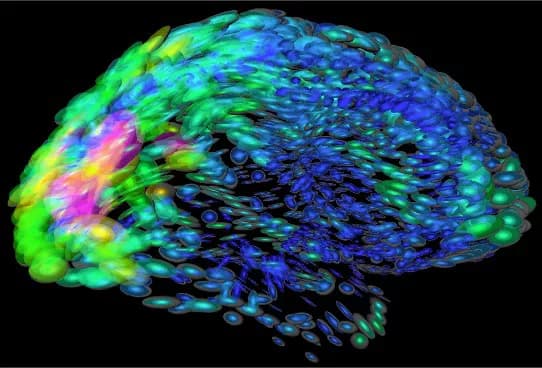
Wearable Devices Communicate Vital Brain Activity Information
What can we learn about emotions, the brain and behavior from a wristband? Plenty, according to a prominent MIT engineer and researcher in her plenary session address at the American Pain Society Annual Scientific Meeting.
Rosalind Picard, ScD, FIEEE and her team at MIT pioneered the use of wearable technology to recognize changes in human emotion. They have made several new discoveries, including that autonomic activity measured through a sweat response is not as general as previously thought, and carries more specific information related to different kinds of brain activity.
"The skin is purely innervated by the sympathetic branch of the autonomic nervous system," said Picard. "We can observe increases in sympathetic brain activation by monitoring subtle electrical changes across the surface of the skin."
Sympathetic activation occurs when experiencing excitement or stress, whether physical, emotional or cognitive. In some medical conditions, such as epilepsy, it shows significant increases related to certain areas of the brain being activated.
Wristwatch-like devices can employ sensors for continuous, real-time data gathering. Picard explained that changes in electrodermal activity occur as the result of atypical activation in deep regions of the brain. This discovery already has been commercialized for use in seizure monitoring.
Seizures occur when there are abnormal, excessive or synchronous neuronal activity, and can cause convulsions evidenced by violent shaking and loss of control and consciousness.
When someone has recurring seizures, the diagnosis usually is epilepsy. When some regions of the brain, such as those involved with anxiety, pain, stress and memory are activated during a seizure, they can elicit patterns of electrical changes in the skin.
Picard reported her group has built an automated machine learning method that can detect compulsive seizures by combining measures of electrodermal activity on the wrist with measures of motion. The wrist-worn detector is now more than 96 percent accurate for detecting convulsive seizures.
While they have not demonstrated detection of non-convulsive seizures, 42 percent to 86 percent of non-convulsive, complex partial seizures also have significant electrodermal responses.
Picard said other clinical applications for wristband electrodermal monitoring include anxiety, mood and stress monitoring and measuring analgesic responses. "We know that pain exacerbates anxiety and stress and we are doing more studies to determine how reductions in anxiety and stress could indicate an analgesic response activated by a pain management therapy, said Picard.
Materials provided by American Pain Society. Note: Content may be edited for style and length.
Disclaimer: DoveMed is not responsible for the accuracy of the adapted version of news releases posted to DoveMed by contributing universities and institutions.
Related Articles
Test Your Knowledge
Asked by users
Related Centers
Related Specialties
Related Physicians
Related Procedures
Related Resources
Join DoveHubs
and connect with fellow professionals

0 Comments
Please log in to post a comment.